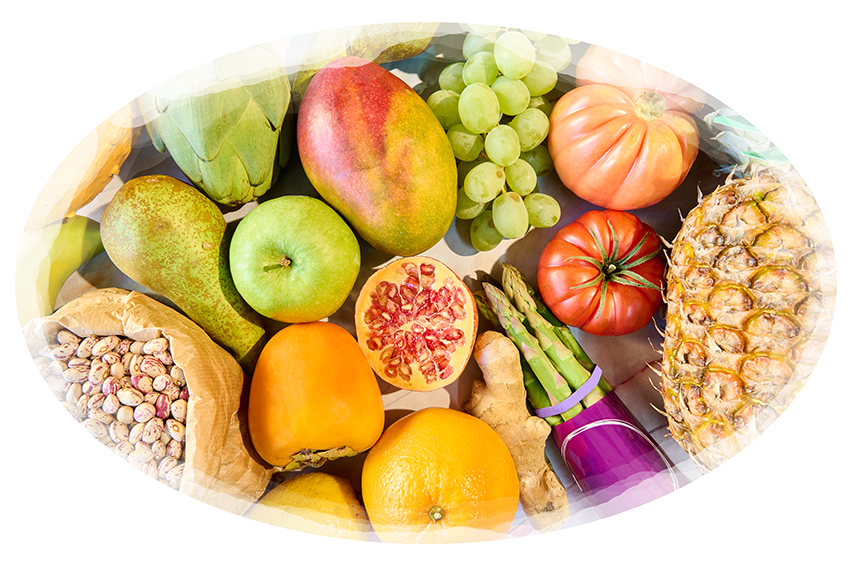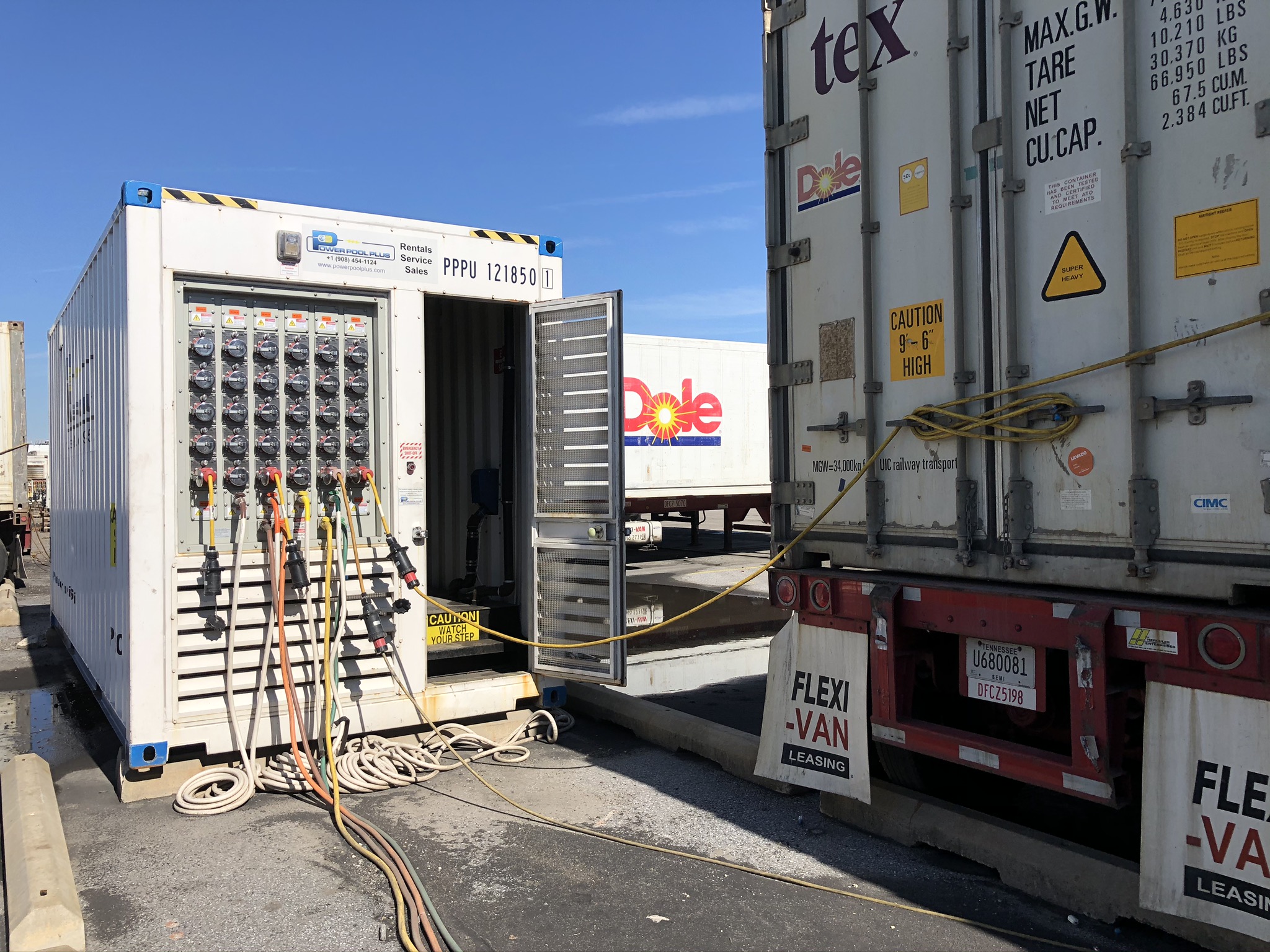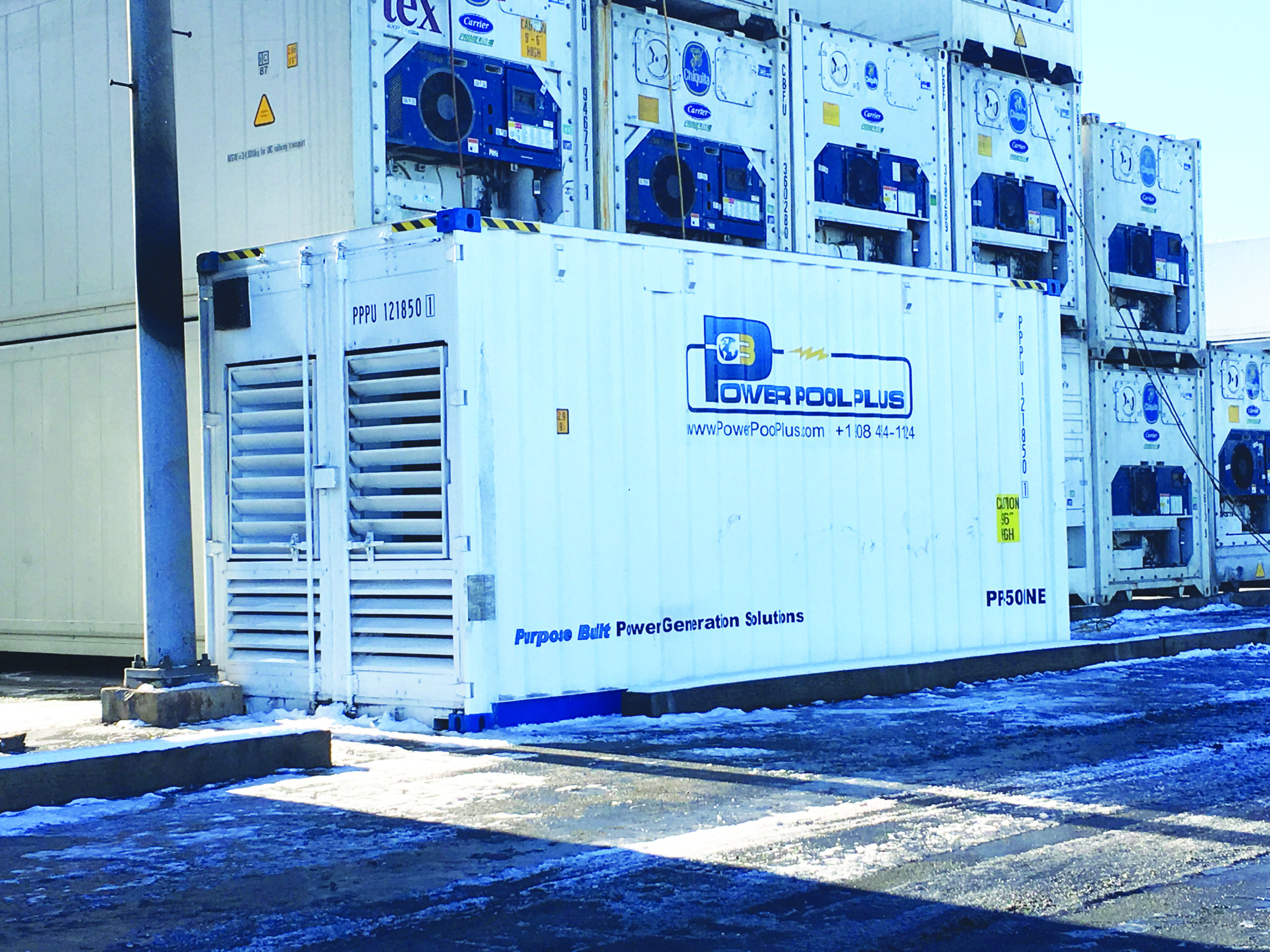Global Food Waste Prevention: Innovations and Insights
Addressing the Food Waste Crisis
Food waste is a pressing global issue, with about a third of the food produced annually going to waste, according to the United Nations’ Food and Agriculture Organization. A recent study from the University of Michigan reveals that nearly half of this waste, approximately 620 million metric tons, could be eliminated by implementing fully refrigerated food supply chains worldwide.
Aaron Friedman-Heiman, a master’s student at the University of Michigan’s School for Environment and Sustainability and Ross School of Business, spearheaded this study. He highlights the enormous potential for reducing food loss and waste through supply-chain optimization. The study estimates that inadequate cold-chain infrastructure is a major contributor to global food loss, leading to significant greenhouse gas emissions.
Environmental Impact: Poor cold-chain infrastructure results in the emission of 1.8 billion tons of carbon dioxide equivalents, accounting for 28% of annual greenhouse gas emissions in the U.S. Therefore, improving warehousing and other aspects of the cold chain is crucial for minimizing food waste and mitigating its environmental impact.

The Importance of Cold-Chain Logistics in Food Preservation
Cold-chain logistics is vital in the food industry. It involves the transportation of temperature-sensitive goods in a temperature-controlled environment. This process ensures the freshness and safety of perishable goods, extending their shelf-life, and reducing the risk of spoilage and waste.
Global Food Waste: A Challenge and Opportunity
Global food waste has significant environmental, economic, and social implications. Yet, it also presents an opportunity. By improving cold-chain logistics, we can reduce food waste and its impacts, including:
- Increased greenhouse gas emissions
- Economic losses for producers and consumers
- Wasted resources used in food production
- Increased pressure on land and water resources
- Threats to food security and sustainable development
Advancements in Cold-Chain Technology
Cold-chain logistics technology has seen significant advancements in recent years. These improvements have the potential to revolutionize the way we handle perishable goods. From IoT devices to AI-powered analytics, these technologies are making cold-chain operations more efficient and reliable. They help maintain the quality of food products, reducing waste, and promoting sustainable living.
Refrigerated Transport and Its Impact
Refrigerated transport plays a crucial role in the cold-chain. It ensures that perishable goods are kept at the right temperature during transit, preserving their quality and safety. With advancements in refrigeration technology, transport vehicles can now maintain more consistent temperatures. This reduces the risk of spoilage and contributes to global food waste prevention.
The Role of Reefer Generators in Cold-Chain Efficiency
Refrigerated generators (aka reefers) are another key component of the cold-chain. They provide the power needed to keep refrigeration units running during transport. By improving the efficiency of these generators, we can reduce energy consumption and environmental impact. This also leads to cost savings, making cold-chain operations more sustainable and economically viable.
Resource Management for Sustainable Cold-Chain Operations
Effective resource management is key to sustainable cold-chain operations. It involves optimizing the use of energy, equipment, and manpower to reduce waste and improve efficiency. By adopting best practices in resource management, businesses can reduce their environmental footprint and achieve significant cost savings, making their operations more sustainable and profitable.
Implementing IoT and AI for Smarter Logistics
The use of IoT and AI in cold-chain logistics is a game-changer. These technologies enable real-time monitoring and predictive analytics, enhancing the efficiency and reliability of operations. With IoT devices, businesses can track the condition of their goods in real-time. AI, on the other hand, can analyze this data to predict potential issues and suggest preventive measures.
Real-Time Data Tracking and Its Benefits
Real-time data tracking provides businesses with up-to-the-minute information about their operations, enabling them to make informed decisions. By tracking data in real-time, businesses can quickly identify and address issues. This reduces the risk of spoilage and waste, contributing to global food waste prevention and sustainable living.
Overcoming Cold-Chain Logistics Challenges
Despite advancements in cold-chain logistics technology, several challenges remain. These include maintaining temperature control, ensuring energy efficiency, and addressing the last-mile delivery problem. However, with continuous innovation and collaboration among stakeholders, these challenges can be overcome, paving the way for more efficient and sustainable cold-chain operations.
Addressing the Last-Mile Delivery Problem
The last-mile delivery problem involves maintaining the quality and safety of perishable goods during their final journey to the consumer. Innovative solutions, such as mobile cold storage and smart containers, are being developed to address this issue. These technologies help ensure that perishable goods reach consumers in optimal condition, reducing food waste and promoting sustainable living.
Case Studies: Success Stories in Cold-Chain Logistics
Several companies have successfully implemented advanced cold-chain logistics technology to reduce food waste. For instance, some have leveraged IoT and AI to enhance their operations, resulting in improved efficiency and reduced spoilage. Others have used refrigerated transport generators to maintain optimal temperatures during transport. These success stories serve as a testament to the potential of cold-chain logistics technology in addressing global food waste.
The Future of Cold-Chain Logistics Technology
The future of cold-chain logistics technology looks promising. With continuous innovation and advancements in technology, the sector is poised to become more efficient and sustainable. The integration of IoT, AI, and blockchain technology is expected to revolutionize the industry, offering real-time tracking, predictive analytics, and enhanced traceability.
Moreover, the use of sensor technology and smart containers could further improve the quality and safety of perishable goods. These advancements will not only reduce food waste but also contribute to cost savings and improved food security.
Conclusion: The Role of Stakeholders in Reducing Food Waste
The fight against global food waste is a collective effort. Stakeholders across the supply chain, from farmers to retailers, have a crucial role to play. By adopting advanced cold-chain logistics technology and sustainable practices, they can significantly reduce food waste and contribute to a more sustainable future.
Moreover, consumers, policymakers, and technology providers also have a part to play. Through education, regulation, and continuous innovation, we can make a significant impact on global food waste prevention.al food waste prevention.


